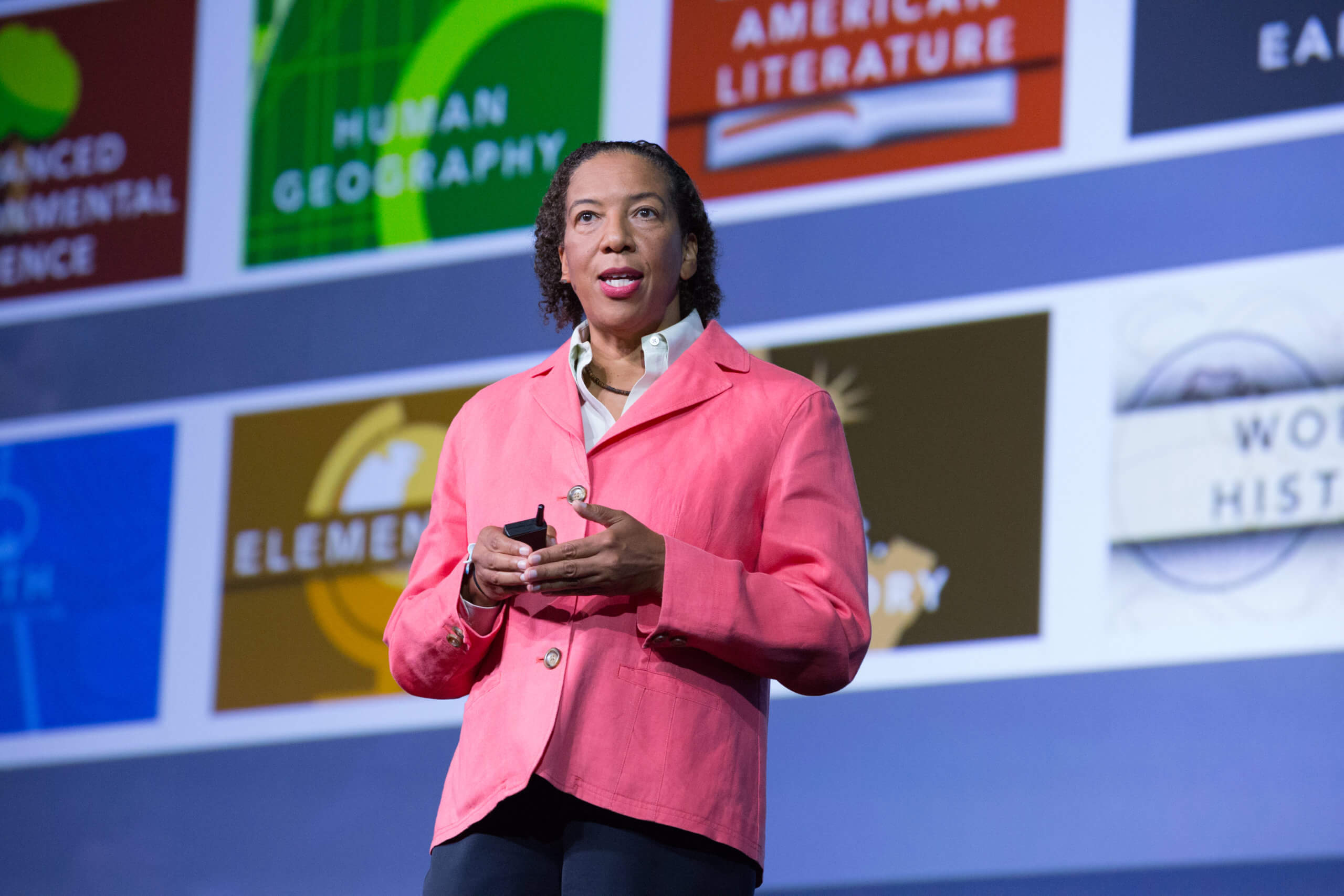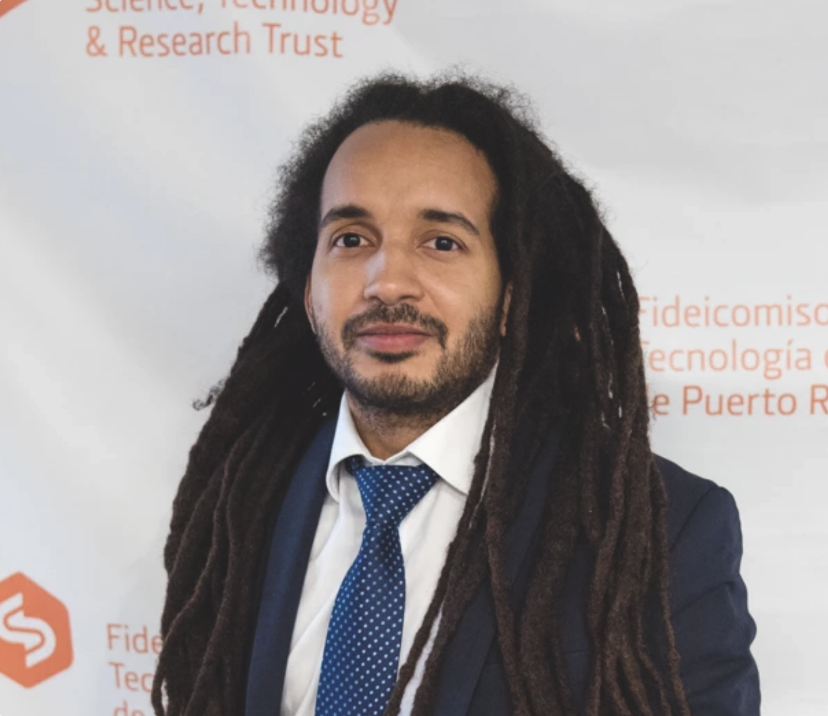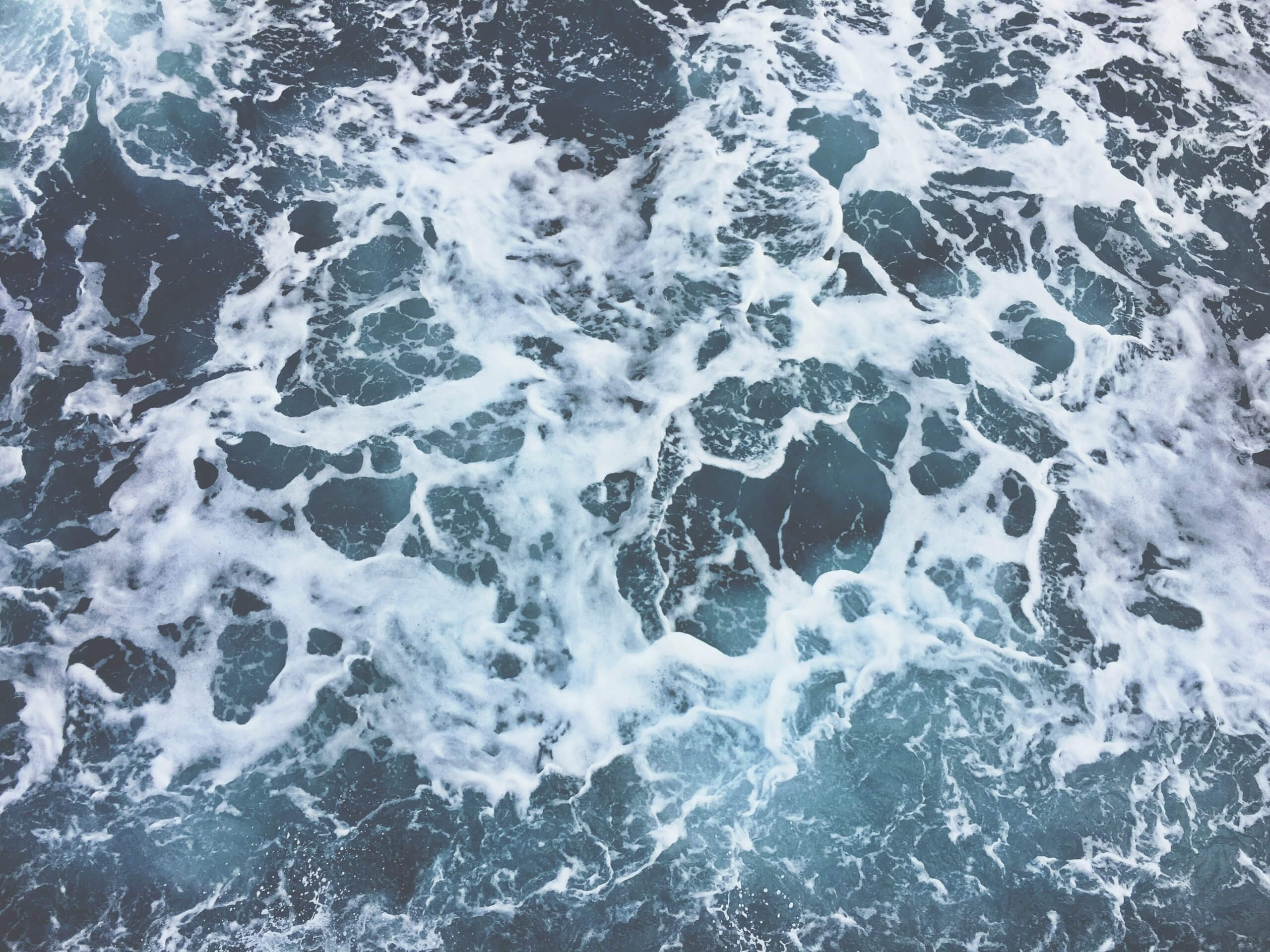Dr. Dawn Wright is Chief Scientist at Esri, and a former COMPASS board member. Dawn is a globally recognized expert in marine geographic information systems and is also known as ‘Deepsea Dawn’ for her adventures underwater. Dawn is also the first Black woman to explore the ocean floor in the submersible ALVIN. After a major career transition, Dawn wrote ‘The Courage to Escape’, as a blog post (first written as part of a COMPASS blog carnival in 2013). A science communication champion and superstar, Dawn generously shared her thoughts with us for #BlackinMarineSciWeek.
How has communication about marine science changed over the course of your career?
When I was in school, science communication wasn’t a thing at all, though of course it existed. When I was a grad student in the early 90’s, many of us who were geography students participated in National Geography Awareness Week. But I think now there is a lot more expectation for people to engage. It’s fantastic from the standpoint that there is now an expectation that it’s important and needed, it’s not just something on the side that you’re doing.
I am so thankful that COMPASS exists. I really, really am. I know there are other scicomm efforts and boundary organizations out there but COMPASS is close to the heart of a lot of us because of how long you’ve been at it. My first experience with COMPASS was when I needed help to prepare testimony before a state agency in 2006. Years later, it was a true honor to serve on the COMPASS Advisory Board, and most recently, it was just a real joy to be on the COMPASS panel at the 2020 Ocean Sciences Meeting. There were so many familiar faces in the audience who needed that injection of inspiration and solidarity, as well as people who were new to thinking about sharing their work beyond academic audiences. It was great to see them have their eyes opened.
What is the greatest communication challenge that marine scientists face, and what can we do about it?
I think the biggest communication challenge right now is recognizing the diversity that is in marine science.
Oceanography has not been the most diverse of disciplines. It’s been hard for women, but if you are a woman of color, that’s a whole other story that has not been told… people don’t even realize that it needs to be told. For me as a Black woman in marine geology it was particularly challenging as at the time that I started out with it, no one that I knew was doing that. Social media is really starting to reveal these hidden figures who are out here.
Recently I was involved in #BlackinGeoscience week, and it was so wonderful to see all of these scientists, and many of them are marine scientists, female marine scientists. I think these are fantastic events but they’re just the tip of the iceberg. Justice, equity, diversity, and inclusion are still a struggle.
You’ve had an amazing career. As we celebrate #BlackinMarineScienceWeek, what advice do you have for Black researchers embarking on a career in marine science?
The big thing is not to let people tell you that you don’t belong. If you love the topic or the discipline, and you know that you have something to offer, hold on to that. Because in my experience, more than likely there will be somebody randomly who comes into your life and trashes you. As a master’s student, my major professor said that I should quit oceanography and go to law school, or get an MBA. And if I had listened to him, or if I had let that discourage me, I wouldn’t have been able to move forward along the path that I knew was right for me.
It can be very devastating, especially when you hear this from a professor or a leader, someone that you look up to or someone who is supervising you. But you can’t let someone alter your destiny like that. And for me it turned out that my doctoral adviser was the best possible mentor I could possibly ask for, and buoyed me on to a fabulous PhD experience. I have followed his example to this day in mentoring young professionals.
What excites you for the future?
I am so excited about what young people are doing, and their passion and initiative. What these young people come up with is just amazing and fantastic. Seeing that really does give me hope and makes me happy.



